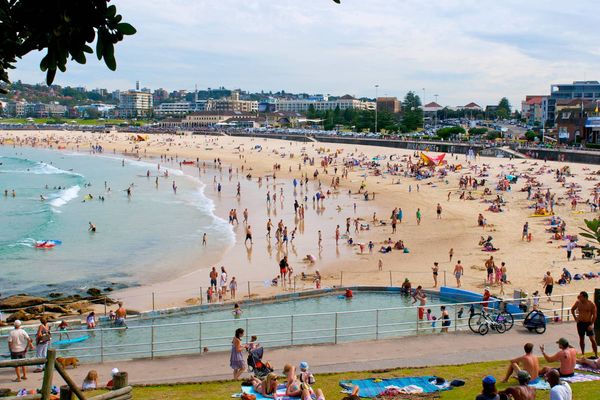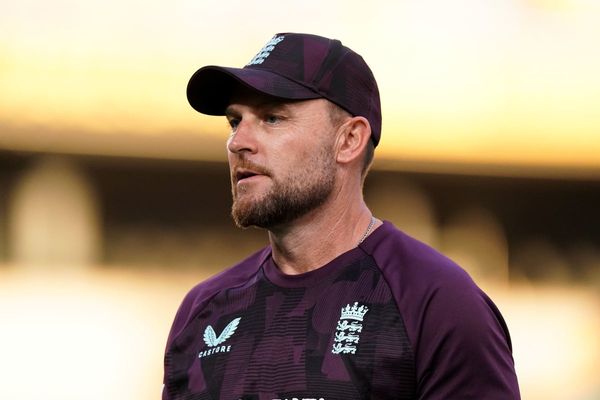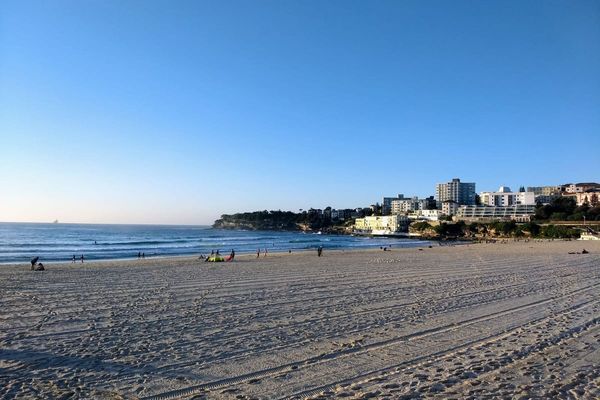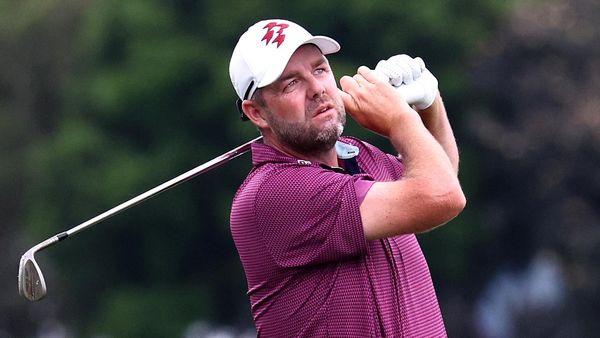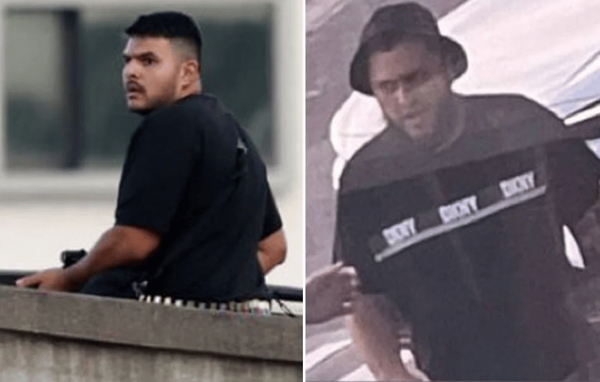
After 15 months of relentless bombardment, the war in Gaza has been the deadliest on record for journalists – with at least 166 Palestinian media workers killed according to the Committee to Protect Journalists (CPJ).
As the world waits for the Israeli cabinet to approve the first phase of a ceasefire due to start on Sunday, press freedom organisations are now demanding unfettered access into Gaza for foreign journalists – who have so far been barred by Israel – and calling for accountability for Israel’s alleged war crimes, urging justice to replace a culture of impunity.
“For 15 months, journalists in Gaza have been displaced, starved, defamed, threatened, injured and killed by the Israeli army,” said Thibaut Bruttin, director general of Reporters Without Borders. “Despite these dangers, they have continued to inform the population of the enclave and the world while their foreign colleagues were denied access to the territory.”
Here are some of their stories.
Ayman al-Gedi, 26 December 2024
On the evening of 25 December, journalist Ayman al-Gedi’s pregnant wife, Dania, went into labour.
“Ayman had been eagerly awaiting this day for months,” says Ahmed Sahmoud, Gedi’s friend and colleague. “It was what got him through the war. He was so excited to meet his first child.”
Gedi, 28, took Dania to the al-Awda hospital in the Nuseirat refugee camp and then went to dinner with his colleagues from Al-Quds Today TV network. Afterwards, he asked his Al-Quds colleagues Faisal Abu al-Qumsan, Ibrahim Sheikh Ali, Mohammed al-Lada’a and Fadi Hassouna, if they could park their broadcast van near the hospital so he wouldn’t miss the birth of his child.
At about 2am, the press vehicle was bombed – killing all five journalists inside.
Footage from the night shows the vehicle engulfed in flames as civil defence teams try desperately to extinguish the fire and recover the bodies. The press markings on the back door of the incinerated van remain visible.
“We tried to do something but it was of no use,” says Gedi’s brother, Omar. “The flames intensified and the van’s batteries started exploding. It was clear my brother and his colleagues wouldn’t survive.”
Inside the hospital, Dania remained in labour, unaware of what had happened outside. Hours later, after giving birth to a boy, she asked where her husband was.
“Dania is distraught and her life has changed forever,” says Omar. “As we bid farewell to our beautiful Ayman, we welcomed his newborn son, who will never know his father.”
The five journalists were buried together; their charred bodies wrapped in white shrouds and blue press vests draped over them.
In a statement to the Guardian, the IDF confirmed the attack and said it had conducted “a precise strike on a vehicle with an Islamic jihad terrorist cell in the area of Nuseirat”.
It claimed the five men targeted were militants posing as reporters and referred to them as “combat propagandists” but did not provide further evidence or answers about the attack when questioned.
Commenting on the IDF’s claims that the journalists were militants posing as reporters, the CPJ said: “The deliberate targeting of journalists is a war crime. The IDF has not provided any evidence for their accusations that the murdered journalists were engaged in militant activity. Israel has repeatedly made similar unproven claims without producing credible evidence.”
Eman al-Shanti, 11 December 2024
On the morning of 11 December, journalist Eman al-Shanti published what would be her last social media post marvelling at how she and her family had managed to survive 14 months of Israel’s relentless bombardment of Gaza. “How is it possible we are alive until now?” she wrote.
A few hours later, her apartment in the Sheikh Radwan neighbourhood of Gaza City was bombed; killing her, her husband, Helmi, and their young children Alma, Omar and Bilal. Their 13-year-old daughter Banan was the sole survivor of the attack and remains in hospital with severe wounds.
Shanti, 36, worked as a broadcaster in Gaza for more than a decade, moving between several local stations, including Al-Aqsa radio, where she was the host of the Root of the Story – a popular programme highlighting societal issues, women’s rights and the daily struggles of life in Gaza.
“Eman’s voice was the voice of change and she spoke in a way that truly resonated with listeners,” says Shanti’s colleague and friend Heba Hussein. “She was a doting mother and compassionate friend. Eman dedicated her career to her job and like so many other Palestinian journalists before her, she paid for it with her life.”
Shanti’s colleagues and press freedom groups believe that she and her family were targeted because she was a journalist, pointing to the fact that her apartment was the only one targeted and destroyed in the strike that killed them.
“Eman is the 27th female journalist in Gaza to be killed in such circumstances,” says Kiran Nazish, director of the Coalition for Women in Journalism (CFWIJ) who recently met officials at the ICC to call for an investigation into the killing.
Since the start of the war, CFWIJ has documented 27 female journalists killed, 49 injured, 75 arrested, and two reported missing. “Last year, Israeli bombs killed five women journalists in 24 hours,” adds Nazish.
Hussein says she visits Shanti’s surviving daughter frequently in hospital. “The cries of pain that echo from Banan’s room are unbearable,” she says. “All day long she asks for her mother but none of us have the heart to tell her that she’s not coming back.”
The Israeli authorities did not respond to requests for comment on Shanti’s death.
Salma Kaddoumi, 18 August 2024
It was a warm summer evening in August last year when photographer Salma Kaddoumi made her way to the southern Gaza city of Khan Younis. Thousands of people had packed their belongings and started to flee the area, after the Israeli military began a new ground offensive in what had been designated a humanitarian zone.
“It was absolute chaos, people didn’t know where else to go,” says Kaddoumi.
Kaddoumi, 34, a freelance journalist who has worked with outlets including the New York Times, Al Jazeera and Agence France Presse, arrived at the Al Hawz area at about 6.30pm. She was reporting alongside Palestinian colleagues Ibrahim Muhareb, Ezzedine al-Muasher, Rasha Ahmed and Saeed al-Lulu. All of them had on their blue press vests, clearly identifying them as journalists.
“We had only been reporting for around 30 minutes when suddenly an Israeli tank began advancing towards us,” says Kaddoumi. “Before we could do anything, it started firing at us.” Some of the journalists tried to run for cover while others lay down on the ground to avoid getting hit.
“I saw Ibrahim get hit and he called out to me to help him,” recalls Kaddoumi. “The tank continued to fire shells and bullets as I ran over to him and that was when I was shot in the back.”
A video of Kaddoumi arriving at the Deir al-Balah hospital shows her being carried out of the car and on to a stretcher as she loses consciousness. “I didn’t know if I would make it or not,” she says. “All I kept thinking was Ibrahim had been killed and we left his body behind.”
Due to the intensity of the gunfire from the tanks, the journalists were unable to retrieve Muhareb from the scene. His colleagues found his body the next morning and buried him that day along with his press vest.
“Ibrahim was a brilliant journalist and a dear friend,” says Kaddoumi. “He was just doing his job and didn’t deserve to die. What’s the point of these press vests if they don’t protect us? For journalists in Gaza, wearing a press vest only makes you a target.”
Since the attack, Kaddoumi has been working in a limited capacity. She hasn’t been able to access proper treatment for her injury or medication to ease her pain. “I now have breathing issues and can no longer run like I used to. As a result, I avoid reporting from the frontline,” she says.
The Israeli authorities said they were not aware of the incident in question.
